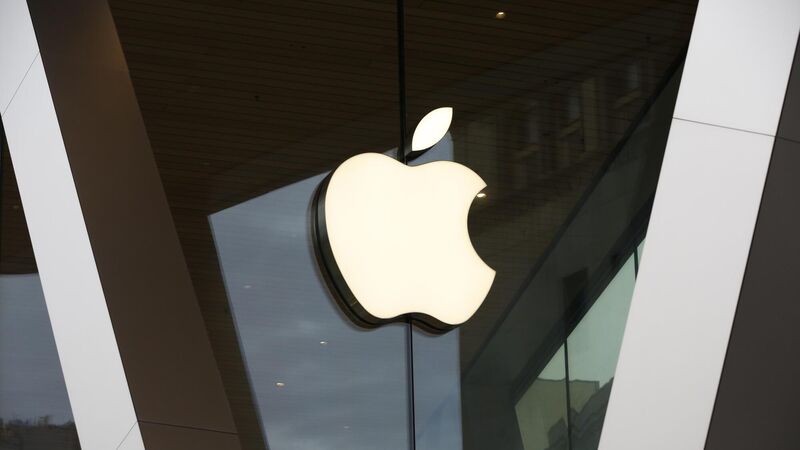European Court of Justice advisor backs €13bn Apple tax bill

The opinion serves as a major blow to the Irish Government and to Apple, who has consistently reiterated its confidence in winning the long-running case.(AP Photo/Kathy Willens, File)
The advocate general of the European Court of Justice has come out in favour of the EU Commission's €13bn tax order to Apple, adding that judges should back the ruling issued by EU competition regulators to the tech giant seven years ago.
The European Commission in its 2016 decision said the amount related to Irish back taxes which the iPhone maker should pay. A lower tribunal had upheld Apple's challenge.












